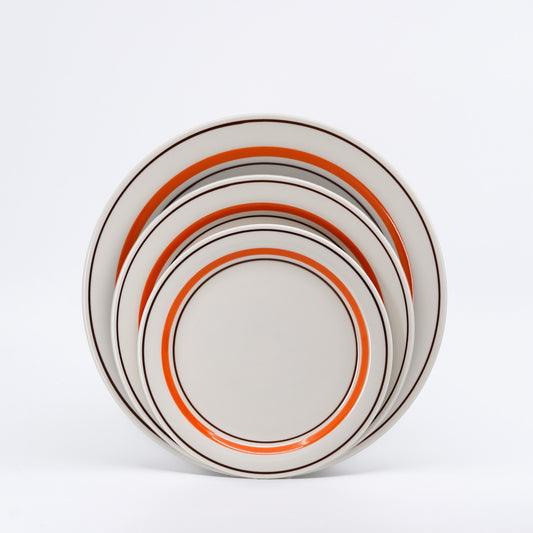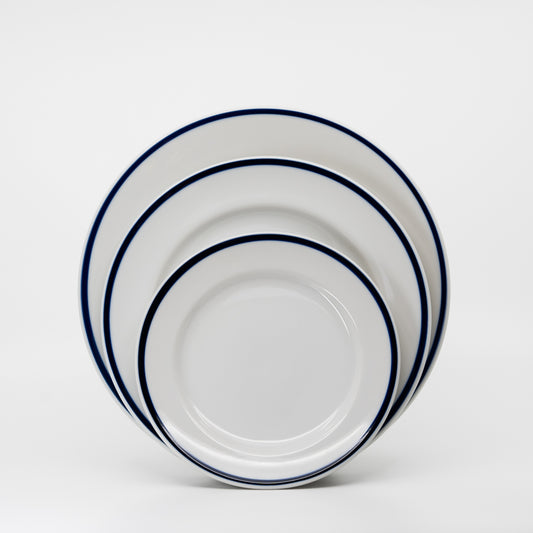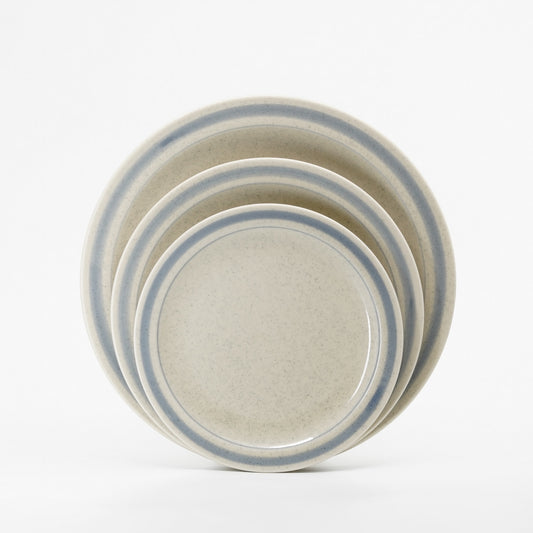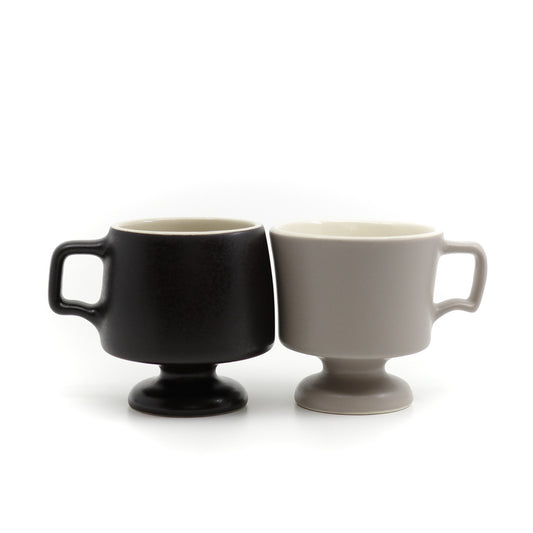Coffee and interior design are polar opposites
I'm a coffee lover at heart, but I'm no professional.
When I left the interior design shop, I received several messages asking, "Where are you going to open a cafe? Are you going to become a roaster?" and I felt very humbled.
I often talk to cafe owners and roasters, and they study a lot and put in a lot of effort. (No matter what industry you're in, I think it's the same for professionals.)
So, even if I, a simple coffee lover, were to suddenly start a cafe, or even if I bought a good roasting machine and started roasting coffee, I wouldn't be able to run it into a business at all.
What's difficult is stabilizing the quality (taste).
At an interior design shop, we suggest different furniture and communicate different things depending on the customer's lifestyle and preferences.
But coffee is the exact opposite.
It is important that the same coffee always tastes the same, which is not easy for an amateur to imitate. (Although it is fine for the taste to change as long as you enjoy it yourself.)
However, from my many years of experience brewing coffee by hand at home, I think I know quite a bit about how to make delicious coffee at home.
I would like to share my experiences in a few posts starting from now.
What is good coffee anyway?
In the end it's personal preference.
That may be all there is to it, but whether it's interior design or fashion, there is a theory (basics, basics, etc.) behind things that we find good. Just knowing that will greatly change the way you see things. You may find it interesting and start to like it.
What is good coffee in my opinion?
No unpleasant aftertaste
The most obvious thing is the aftertaste.
I think the bitter or astringent taste that lingers after swallowing coffee is the reason why more and more people don't like coffee.
Have you ever bit into a persimmon?
Peh Peh Even if you spit it out, that tingly feeling remains in your mouth. (I don't think people will bite into bitter persimmons in the Reiwa era.)
You definitely want to avoid that feeling of your mouth going numb and your face getting distorted after drinking coffee.
Bitterness and acridness are completely different things
Coffee is made by roasting and scorching the seeds of a plant, so it does have a slightly bitter taste. However, the impression of it being fragrant or slightly bitter is not a negative one, and when such expressions are used, the bitterness usually disappears quickly.
I think it's actually delicious coffee that's been roasted well!
The cause of bitter or sour tastes is the condition and freshness of the roasted beans.
Even if the outside is nicely toasted, if the inside is undercooked, the coffee will have a bitter taste, which will leave a bad aftertaste.
Also, when the beans are roasted, oils come out on the surface, but over time, these oils oxidize and develop an unpleasant taste. No matter how high-quality the beans are, if they are exposed to air for several months, the coffee will have a bitter aftertaste. It's the same as rotten fruit.
On the other hand, even if the beans are not that high quality, coffee made with freshly roasted beans is delicious!
Get good quality beans
First, check the condition of the coffee beans.
When it comes to cooking, you may be able to cover up the flavor with seasoning and cooking, but with coffee, you simply extract the coffee from the beans with hot water, so the condition of the ingredients has a direct impact on the result.
In other words, 70 to 80 percent of the deliciousness of coffee is determined by the condition of the beans!
It's not as if you could just buy more expensive beans.
The most important thing is to choose beans that have been properly roasted and that have not been roasted too long ago.
(Properly roasted beans -> I don't have much knowledge about this. I just assume that if the coffee is good, the beans are properly roasted. Other than that, it's just a matter of whether the roasting machine is well maintained or not.)
The quickest way to enjoy tasty coffee is to consider the freshness of the beans (the fresher the beans, the less recently they are roasted) rather than their rarity or price.
The taste of beans roasted 10 days after the roasting date is quite different from that of beans roasted one month after the roasting date. After three months, the taste is a bit different... This is the same for high-quality beans.
Moreover, the darker the roast (beans roasted a dark color to suppress the acidity and bring out the bitterness), the more oil they release, which causes them to oxidize faster and shortens the period during which they taste good. If anything, I have the impression that lighter roasts (beans roasted a light brown color to bring out the acidity) tend to last longer.
When buying beans, ask for the roast date. Not the expiration date, but the roast date.
It's okay for me to drink it up to two weeks before, but I'd like to drink it quite sooner.
It's best to roast it 3 days to 1 week before. You can roast it yesterday, but I prefer it a little more if it's left to sit for a while. Like curry on the second day.
That's all for "How to drink delicious coffee at home vol.1".
Vol.2 is about water.

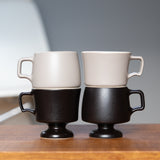
goblet
Carefully crafted tableware essential for delicious coffee


